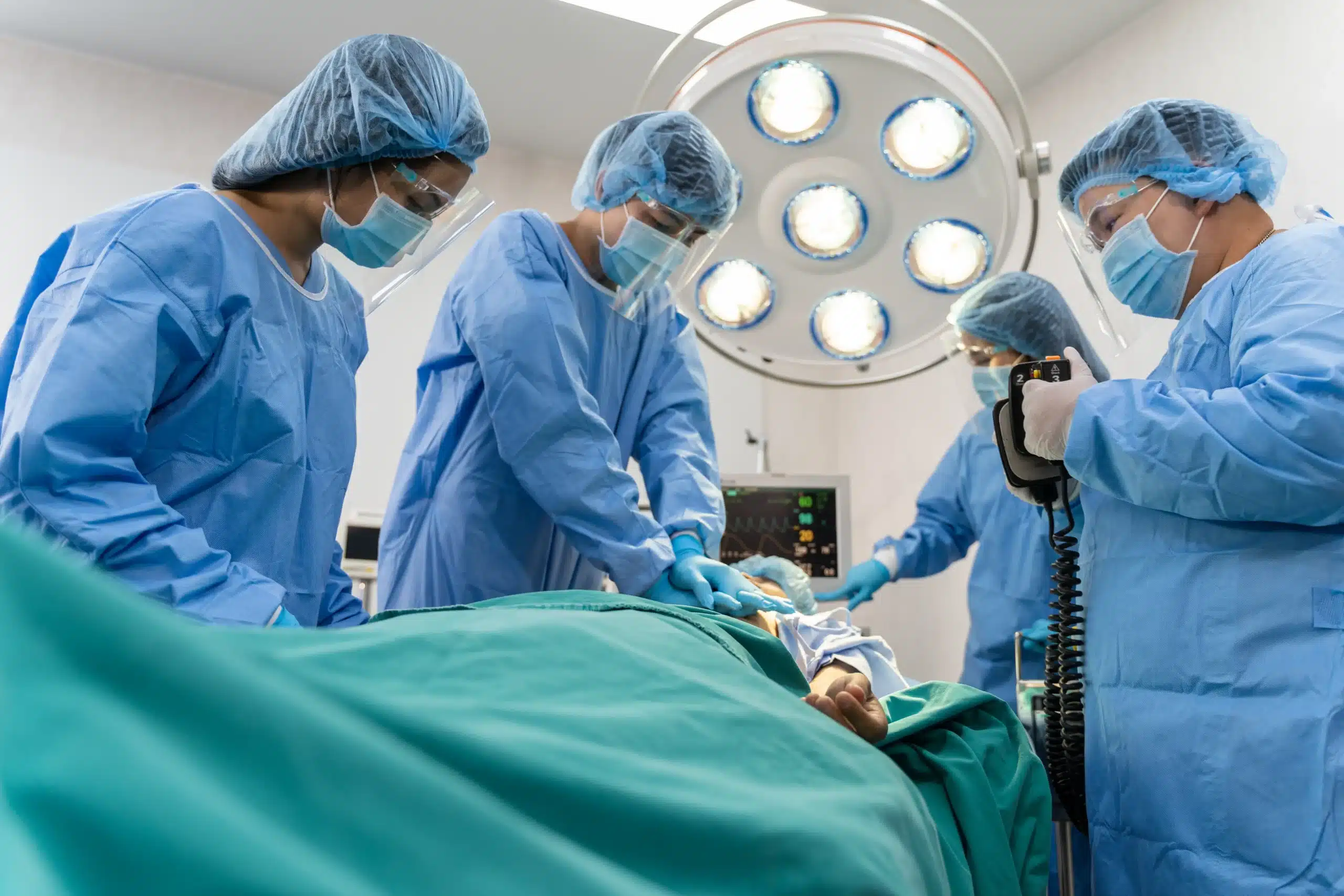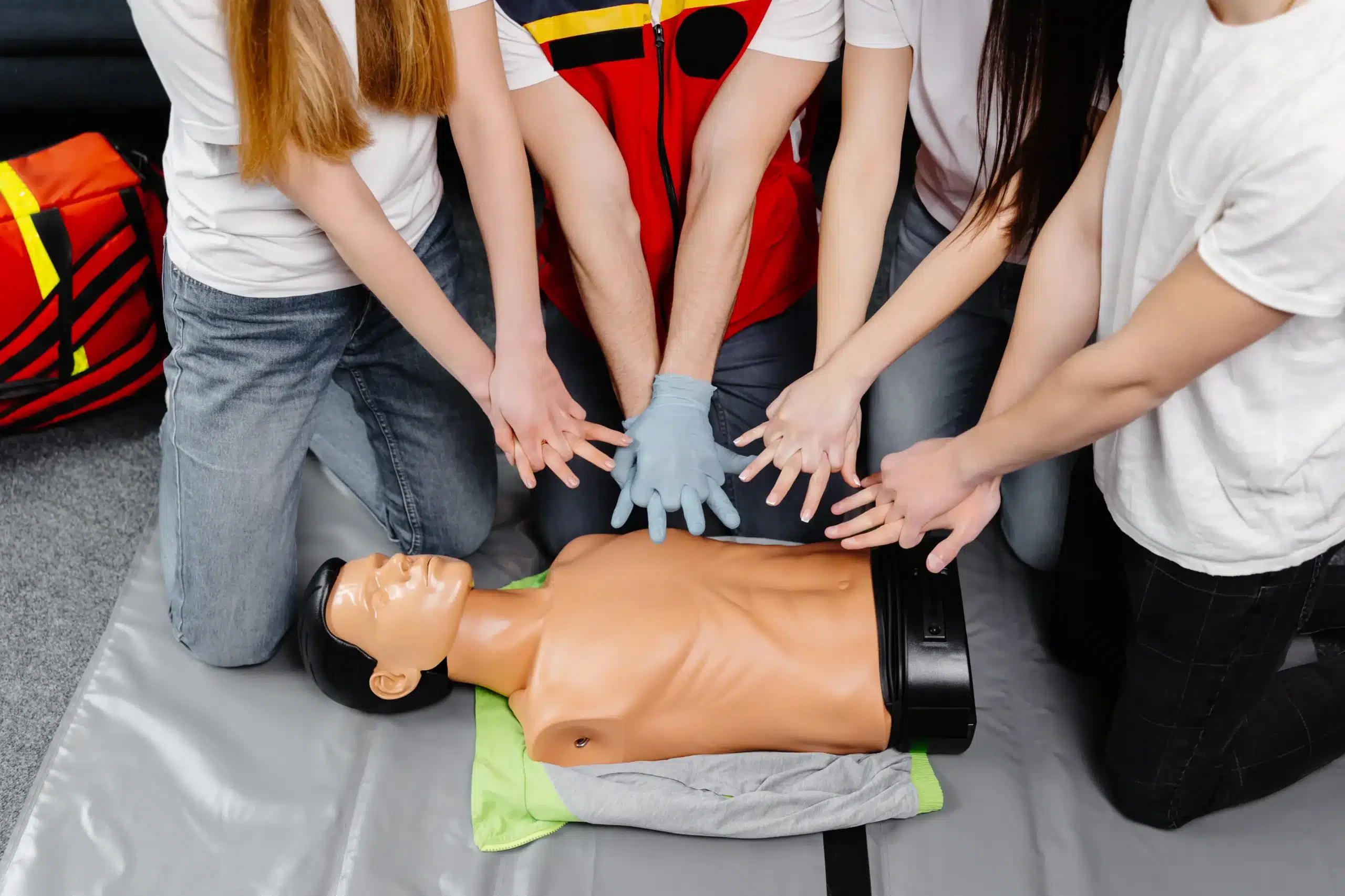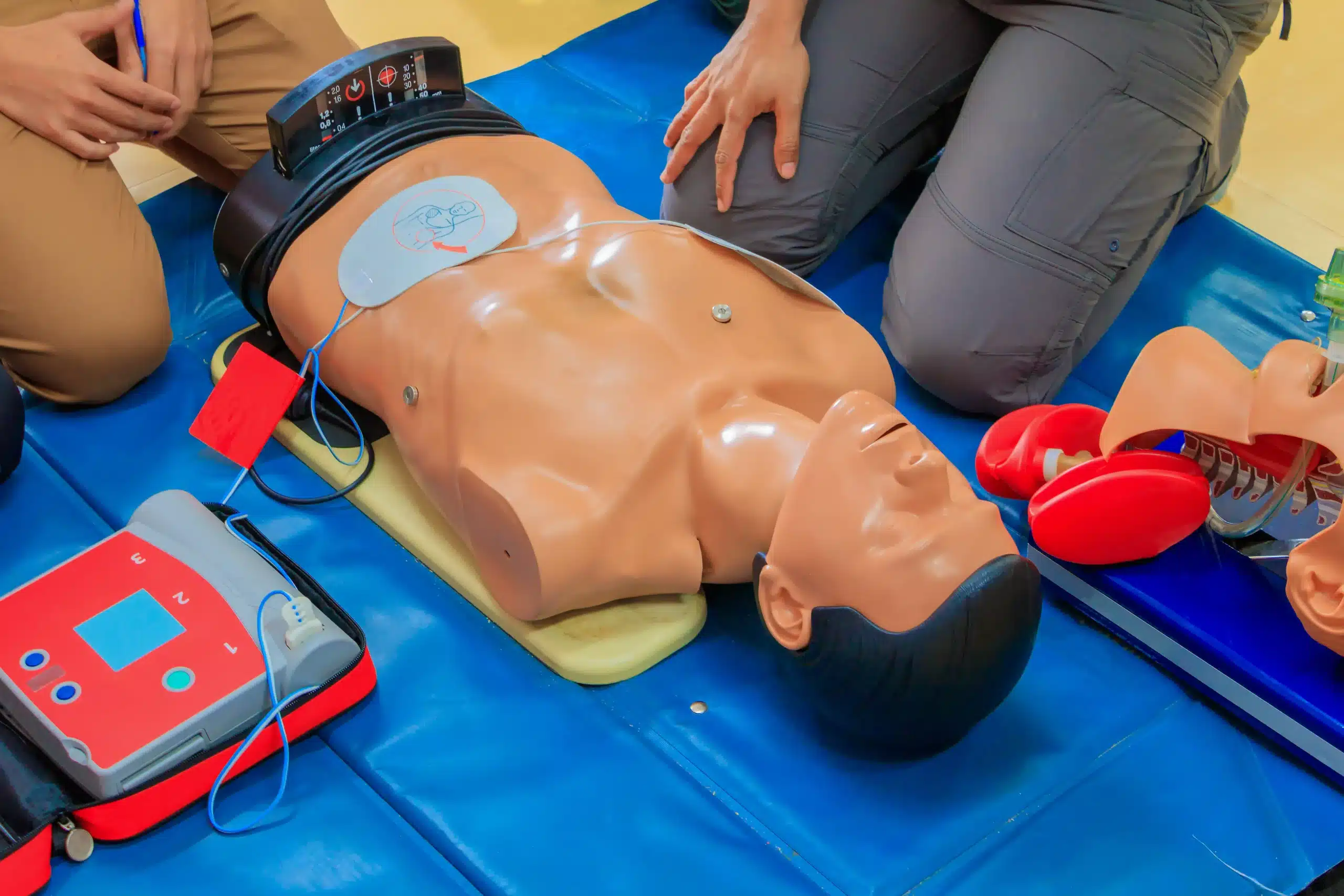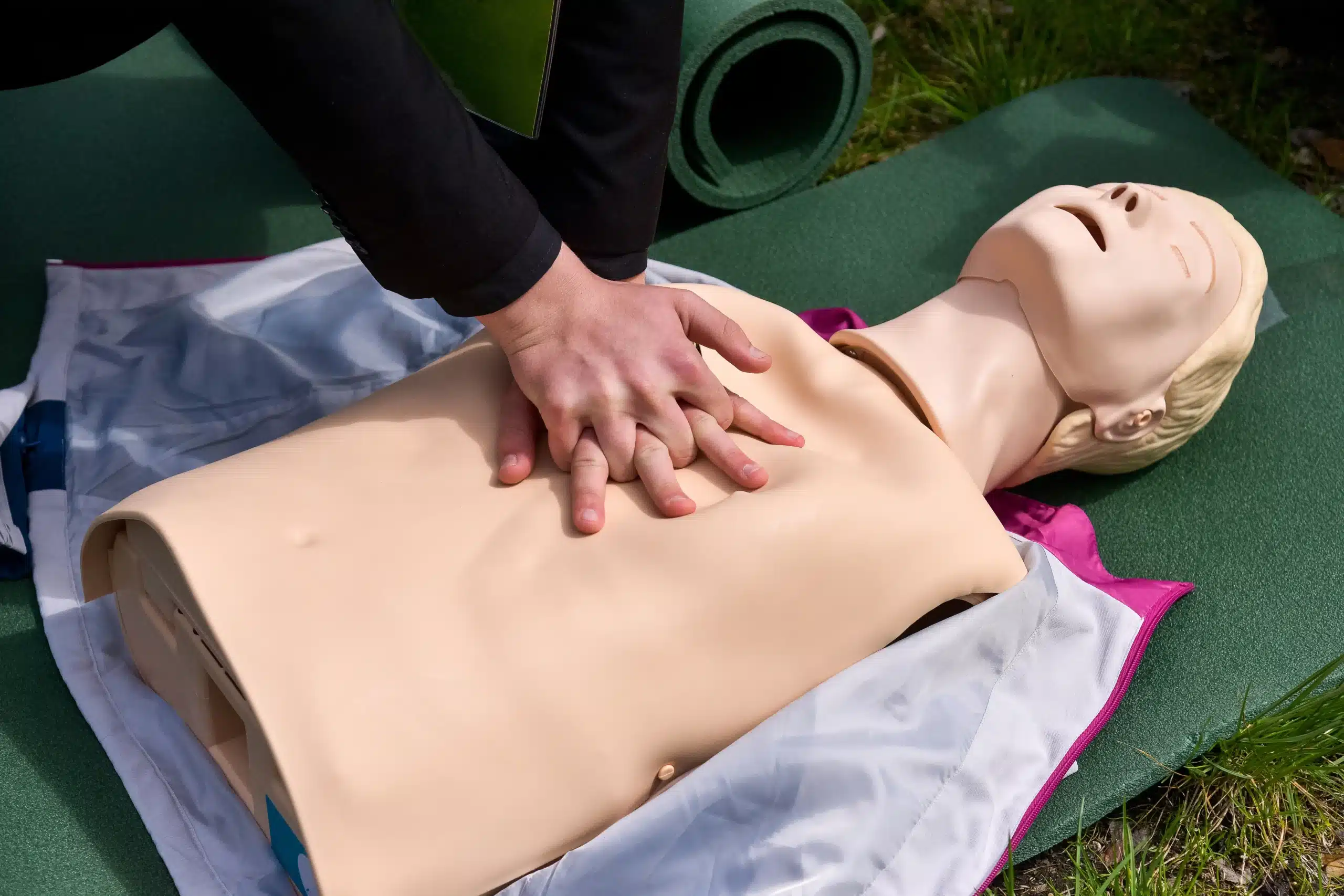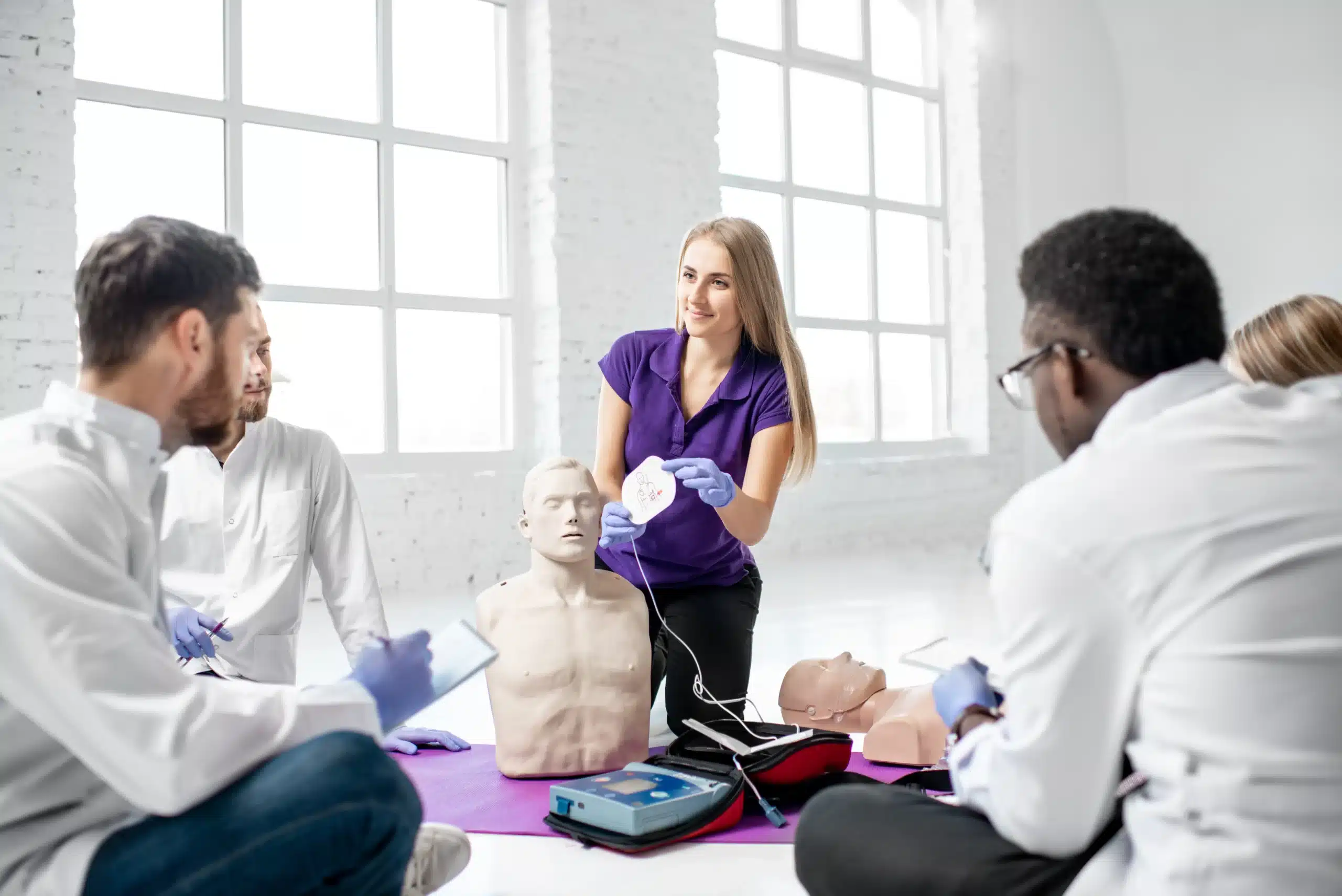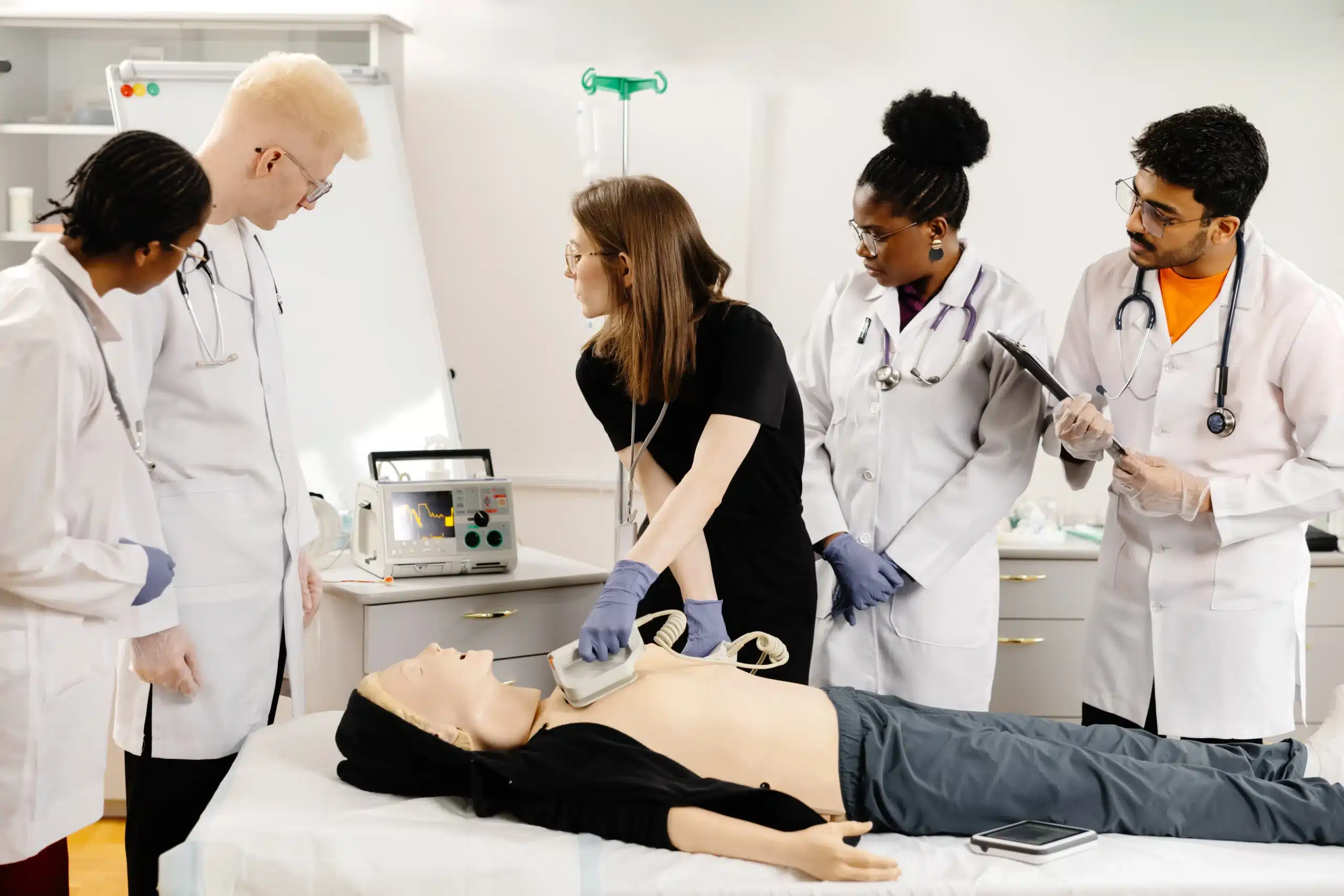Cardiopulmonary Resuscitation (CPR) is a life-saving technique that can double or even triple someone’s chances of survival during cardiac arrest. According to the American Heart Association, about 356,000 out-of-hospital cardiac arrests occur annually in the United States, and immediate CPR is often the critical determinant between life and death. The act of resuscitation saves lives. But what happens next?
While much attention is given to the physical recovery of CPR survivors, the psychological aftereffects are often overlooked. Survivors frequently grapple with a range of mental health challenges, including anxiety, depression, Post-Traumatic Stress Disorder (PTSD), and survivor’s guilt. The trauma of a near-death experience coupled with physical health struggles can have profound emotional consequences.
This article explores the psychological recovery process for CPR survivors, offering insights into the mental health challenges they face and providing practical strategies for navigating the road to emotional well-being. Whether you’re a CPR survivor, a family member, or someone curious about this topic, this guide will help you understand and address these challenges effectively.
Understanding the Psychological Impact of CPR
Immediate Emotional Responses
The moments after resuscitation are fraught with intense emotions. Survivors often report feelings such as fear, confusion, and anxiety. The sudden return to consciousness after a life-threatening experience can be disorienting.
Acute Stress Disorder (ASD)
One common response to the trauma of resuscitation is Acute Stress Disorder (ASD). It includes symptoms such as flashbacks to the event, intensified emotions, and hypervigilance. Survivors might replay the resuscitation in their minds, creating significant distress and sleep disruption.
Long-Term Effects on Mental Health
Post-Traumatic Stress Disorder (PTSD)
For some, the emotional impact does not fade. Studies show that up to 20% of cardiac arrest survivors experience PTSD. Triggers such as hospital settings, chest pain, or even medical TV shows can bring back the memory of the event.
Depression and Survivor’s Guilt
Survivors may also struggle with depression, feeling overwhelmed by the changes forced upon their lives or the challenges of their physical recovery. Some experience survivor’s guilt, questioning why they survived while others may not have.
Shifts in Worldview
A near-death experience often prompts existential questions, as survivors reflect on their mortality and search for purpose. While this can be a source of positive change for some, it can lead to confusion and emotional turmoil for others.
Coping Strategies for Survivors and Families
The road to psychological recovery is deeply personal, but there are strategies that can make the process more manageable.
Mindfulness-Based Techniques
Mindfulness can be a powerful tool for calming an anxious mind and alleviating stress. Practices like mindfulness meditation, deep breathing exercises, or guided visualization can help survivors feel grounded.
Try This at Home:
- Find a quiet space, sit comfortably, and close your eyes.
- Take deep breaths, focusing on the sensation of air entering and leaving your body.
- Start with 5 minutes a day and gradually increase the duration.
Keeping a journal to express thoughts and emotions can also promote clarity and emotional release, helping individuals track their progress.
Support Networks
Recovery is seldom a solo process. The support of family, friends, and survivor communities can make a tremendous difference.
Consider Joining:
- American Heart Association Survivor Forums
- Facebook groups dedicated to cardiac arrest survivors
- Local hospital survivor support groups
Sharing experiences with others who’ve been through similar challenges offers a sense of belonging, understanding, and hope.
Lifestyle Adjustments
Small, consistent lifestyle changes contribute significantly to mental and emotional health.
- Physical Activity: Regular movement, even light exercises like walking, promotes the release of endorphins, which improve mood.
- Nutrition: A balanced diet fuels both the body and mind, aiding overall recovery.
- Sleep Hygiene: Establishing a bedtime routine and ensuring quality sleep supports mental clarity and resilience.
Seeking Professional Help
Psychological recovery often requires guidance from mental health professionals. Therapists trained in trauma counseling or health-related stress disorders can help survivors process their experiences and develop effective coping mechanisms.
Tips for Finding the Right Therapist:
- Look for specialists in trauma or health psychology.
- Ask for recommendations from survivor communities or healthcare providers.
- Ensure the therapist is a good fit by scheduling an initial consultation.
Why Psychological Recovery is Essential
Addressing psychological well-being is critical for overall healing. Emotional distress can manifest physically, increasing blood pressure, heart rate, and cortisol levels—all of which stress the body and impede recovery. By prioritizing mental health, survivors not only enhance their emotional resilience but also support their physical rehabilitation.
Furthermore, bouncing back emotionally fosters a sense of empowerment. It builds the foundation for a meaningful post-recovery life.
Thriving After Survival
The psychological recovery process for CPR survivors is a testament to human resilience. While it may present unique challenges, the road to emotional well-being is navigable with the right tools, support systems, and mindset.
If you or someone you know is on this path, remember that healing takes time, and every step forward is an achievement. With mindfulness, community support, lifestyle adjustments, and professional guidance, survivors can transform this life-altering event into an experience that inspires growth and gratitude.
Share this article with someone who could benefit from learning more, and take a moment to explore CPR training opportunities to support your community. Empower yourself with the knowledge and skillset to save lives and be part of someone’s recovery story.
Want to Become a Life-saver Yourself?
Gaining CPR certification is a fantastic way to make a difference. By learning critical life-saving skills, you can provide the immediate aid that doubles or triples survival chances.
Trusted organizations like Safety Training Seminars offer CPR and First Aid training in Elk Grove, along with advanced certifications like Basic Life Support (BLS), Pediatric Advanced Life Support (PALS), and Advanced Cardiac Life Support (ACLS). Becoming certified empowers you to step in during emergencies and contribute to a world where more lives are saved, and recovery journeys are supported.

